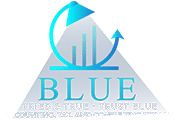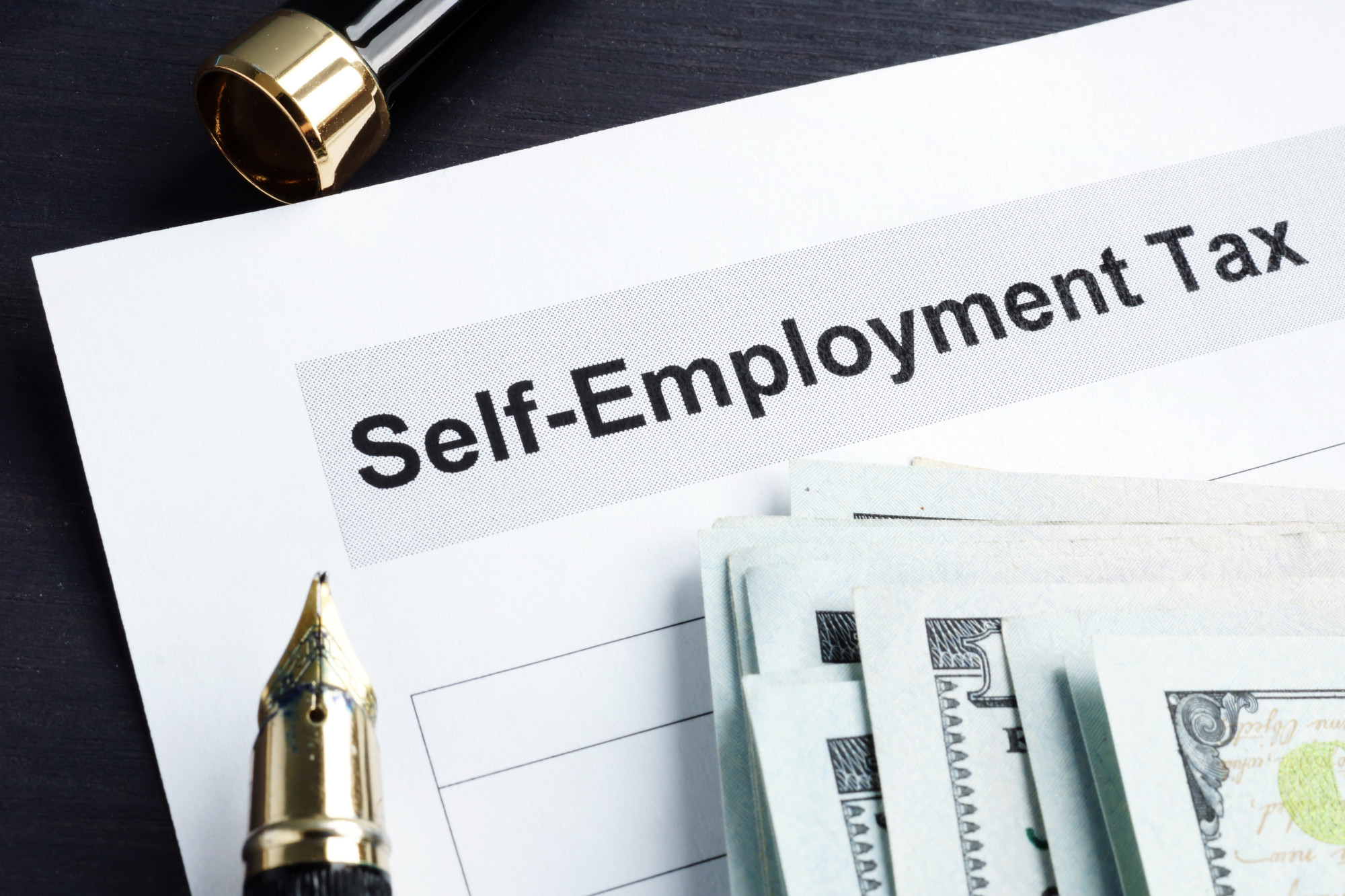Everything You Need to Know About Taxation of Self-Employed Individuals
Everything You Need to Know About Taxation of Self-Employed Individuals
Navigating tax season can be overwhelming for self-employed individuals. Unlike employees who receive a W-2, self-employed taxpayers must report all income, pay taxes independently, and maintain thorough records to avoid errors. Despite these challenges, with knowledge and planning, self-employed individuals can minimize tax liability. This blog will cover the essentials of self-employed taxation, including required forms and deductible expenses, to help you fulfill tax obligations and optimize benefits.
Filing Requirements:
Self-employed individuals are required to file an annual tax return, even if their income is minimal or nonexistent. This process involves using Schedule C (Form 1040) to report their business income and expenses. Schedule C allows them to deduct various business-related expenses, such as supplies, equipment, office space, and marketing costs, from their total income, thereby reducing their taxable income. Additionally, if a self-employed individual’s net earnings from self-employment exceed $400 in a year, they must pay self-employment tax. This tax covers Social Security and Medicare taxes for self-employed individuals, including those who work as independent contractors or freelancers.
Estimated Taxes:
Unlike traditional employees who have taxes withheld from their paychecks, self-employed individuals are responsible for paying their taxes directly to the IRS. To do this, they must make estimated tax payments quarterly. These estimated tax payments are based on their projected income and tax liability for the year. The first estimated tax payment is due on April 15th, with subsequent payments due in June, September, and January of the following year. Failure to make estimated tax payments on time can result in penalties and interest charges.
Deductible Expenses:
Self-employed individuals can deduct various business-related expenses to reduce their taxable income. These deductible expenses may include costs associated with running their business, such as rent or mortgage for a home office, utilities, internet and phone bills, office supplies, travel expenses, meals and entertainment related to business activities, advertising and marketing expenses, professional fees (such as legal or accounting services), and insurance premiums (such as business liability insurance). When wondering if an expense is deductible for your business, keep in mind that according to IRC 162 the IRS allows a deduction for anything that is ordinary and necessary to carry on your trade or business unless it has otherwise been expressed as a non-deductible expense such as entertainment. Keeping detailed records of these expenses is essential to support deductions and avoid potential issues with the IRS during an audit.
Retirement Planning:
Self-employed individuals are responsible for funding their own retirement savings since they don’t have access to employer-sponsored retirement plans like 401(k)s. However, there are tax-advantaged retirement plans designed specifically for self-employed individuals, such as a Solo 401(k) or a Simplified Employee Pension (SEP) IRA. Contributions to these retirement plans are tax-deductible, meaning they reduce the individual’s taxable income for the year. This allows self-employed individuals to save for retirement while also benefiting from tax savings.
Hiring an Accountant:
Given the complexity of self-employment taxes, many individuals choose to hire an experienced accountant or tax professional to assist them with tax preparation and planning. An accountant can help ensure that all income is reported accurately, deductions are maximized, and tax strategies are optimized to minimize tax liability. Additionally, having a professional handle tax matters can reduce the risk of errors or omissions that could lead to audits or penalties from the IRS.
Self-employment offers flexibility and independence but also entails tax complexities. Keeping updated records, filing taxes regularly, and consulting an accountant when needed can help manage taxes and optimize savings. Understanding tax obligations and complying with them ensures success and simplifies the process. By leveraging deductions, staying compliant, and seeking professional advice when necessary, self-employed individuals can navigate tax regulations effectively and maximize benefits, making the journey less daunting and more rewarding.

